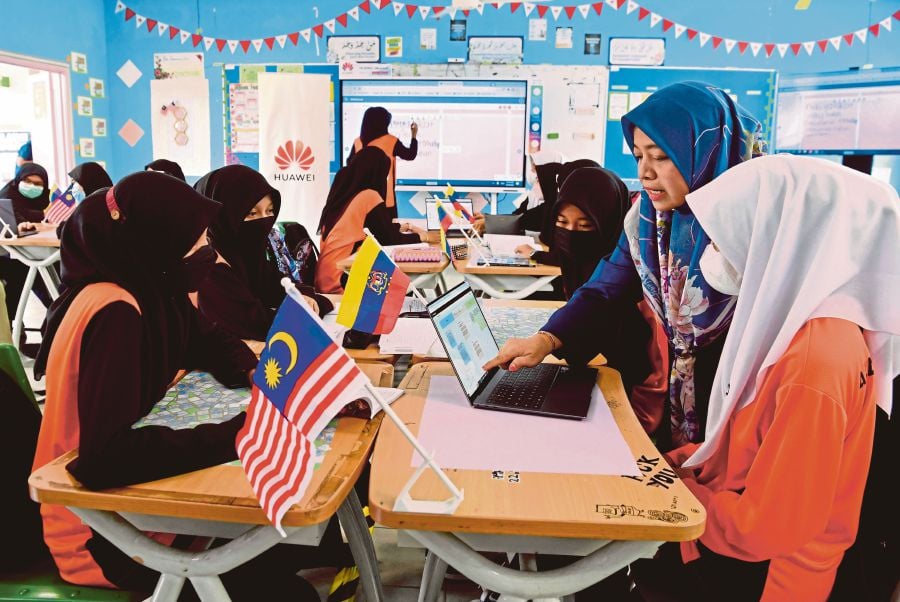LETTERS: Malaysian youths need to be masters of several languages to have an advantage in today's competitive world.
Currently there are four dominant languages in the world by population, English, Mandarin, Hindi, and Arabic.
The reality is, people in parts of Malaysia remain polarised in their beliefs, culture, language, and religion.
Unfortunately, a few unscrupulous people have weaponised these issues to divide us as a nation.
To me, instead of arguing and debating these issues to no end, we should embrace it and move forward to make sense of it, unite as confident and proud Malaysians.
Bahasa Malaysia, though, must remain our sole national language. All Malaysians born after 2012 must pass the Bahasa Melayu SPM paper, to qualify for a Malaysian passport and to get government jobs and contracts.
All Malaysians who obtain grade A for the Bahasa Melayu paper in the SPM examination should automatically qualify to get equal opportunities for a place in local universities, and be eligible for scholarships to pursue local and foreign courses (for subjects deemed essential for national development).
The government needs to make this bold step, to ensure high proficiency in mastering the Malay language among our youth.
Making Malay language the sole national language does not mean stopping them from learning other languages.
Thus, a second bold step the government should consider is the implementation of a Triple Language Skill Programme (3LSkill). This 3LSkill programme will give Malaysia a strong business, trade and economic advantage, to upskill Malaysian youths to gain a global competitive edge.
Just imagine our citizens from all parts of Malaysia, who are naturally confident in conversing and writing in three languages. They can represent Malaysia in the local as well as global stage, in their careers, in the creative arena and in academia.
Initially, the second language is to be offered to all Malaysians from primary up to secondary education. And then, in secondary school (ages 14-18) they are free to choose a third language in which they wish to excel.
The options available to Malaysian secondary students should be, English, Mandarin, Hindi, and Arabic.
Some may question why Arabic? We as a nation, need to accept there is a large segment of Malays, due to religious or cultural curiosity have always been interested in the Arabic language.
To me there is nothing wrong, if anything it's an advantage, to have many Malaysians with a strong command of their principal language Malay and equally strong in Arabic, Mandarin, Hindi or English.
Obviously for the successful execution of this programme, it's important to first train our language teachers properly and professionally.
Tunku Razman Tunku Tan Sri Shahriman
Kuala Lumpur
The views expressed in this article are the author's own and do not necessarily reflect those of the New Straits Times


